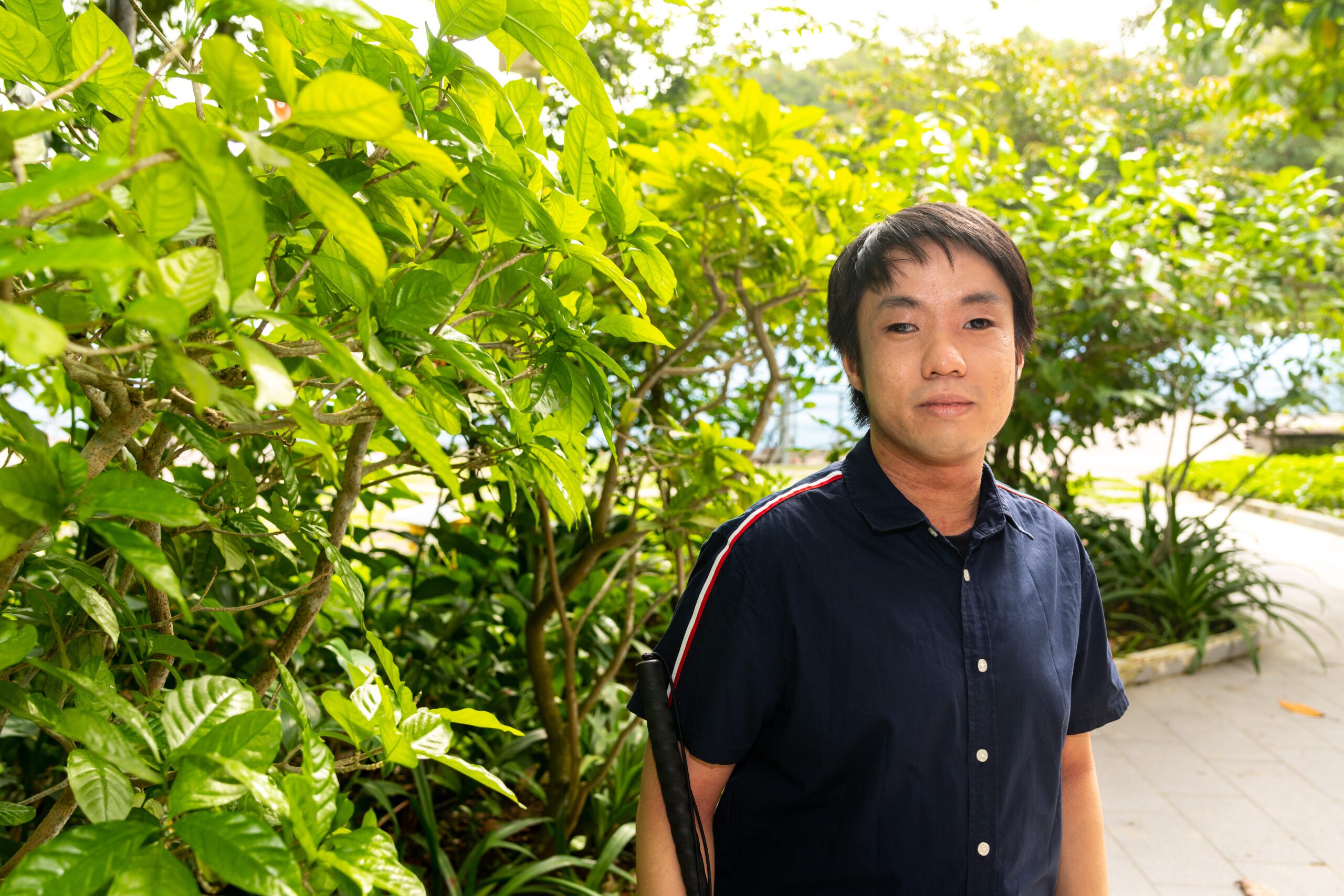Eileen, could you explain what the aims of behaviour therapy are?
Behaviour therapy is a holistic programme that imparts skills to help children aged up to thirteen years old increase their attention span as well as improve two-way communication and their requesting skills.
When a child with a short attention span is introduced to a toy, he will likely touch it and then move on to the next. He may sit for two seconds and stand up again. Because his attention wavers, he is unable to undertake a simple activity, such as sorting shapes, from start to finish. During behaviour therapy sessions, we help him develop the skills to increase his attention span. This in turn allows for learning to take place.
We also encourage two-way communication. For example, we will leave a box filled with items somewhere. This creates opportunities for the child to seek help, such as asking us to open it for him. For children who are more advanced in terms of speech development, we create activities that increase the chance of conversations. For example, we will invite them to talk about the zoo. We create scenarios where they can answer the ‘what’, ‘why’, ‘who’, ‘where’, ‘when’ and ‘how’ questions. Over time, they will develop their speech and understand conversations. They will come to differentiate between a question and a statement, without the need for it to be repeated.
You work mostly with autistic children. What are the signs?
An autistic child may have speech delay, which is a difficulty verbalising his needs and wants. A sign of speech delay is when a child is unable to articulate words as well as imitate or make sounds. And when a child has speech delay, all the other developments will likely be delayed. This is because they will have problems functioning in a social setting and they are unable to work in a group or request for things they need. For example, when they throw something and they feel pain in their arms, they cannot communicate that pain. Or take waking up on the wrong side of the bed. For us, when we haven’t had a good night’s sleep, we wake up feeling irritated and grumpy. Just being able to verbalise our annoyance is half of our emotion regulation. But for a child with speech delay, he cannot communicate this annoyance. And his negative emotions need an outlet — so, he throws a tantrum.
Language delay entails a lack of understanding of words, which in turn affects their ability to understand conversations. They may not understand that a question is a question. They don’t make eye contact. They do not interact with their peers or family members for social reasons, doing so only when they need something or to protest. Some kids don’t display separation anxiety when their parents leave them — some degree of separation anxiety is in fact good — because while they may be sensitive to environmental stimuli, they are not even aware of the surroundings. To them, you may even be just a tree.
[Editor’s note: Speech and language delays are not specific to autism.]
My mother used to tell me that I didn’t speak a single word until I was three. Being that every child is different, are these development milestones indicative of a child’s progress? I see some parents worry themselves sick with comparisons over what their children can or cannot do.
Development milestones are guidelines for us to refer to. They serve a purpose in that if we can catch certain symptoms of speech or language delays early, we can apply intervention during the golden period when it will be the most effective. Early intervention programmes are multi-disciplinary, and can include occupational, speech and behaviour therapies as well as psychological support. With these programmes, children can then grow out of their speech and language delays. It will also be possible for us to break certain negative behaviours, such as the throwing of tantrums, through teaching them lifelong coping strategies. When they are taught the right strategies, and when they apply them, they can thrive in a classroom setting and later on in life.
So, a diagnosis doesn’t necessarily doom a child’s future.
No, it doesn’t. Autistic children aren’t ‘doomed’; they just require specialised services that will help them to build life skills. Speech and language delays are just that — delays. With intervention, they can make progress. And once they can improve their speech developments, they can begin to make sense of social situations and conduct themselves more appropriately.
Read: Stories by Children Founder Chen Yuanhui on Awakening a Child’s Divinity and Wisdom


